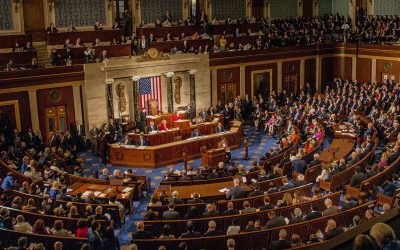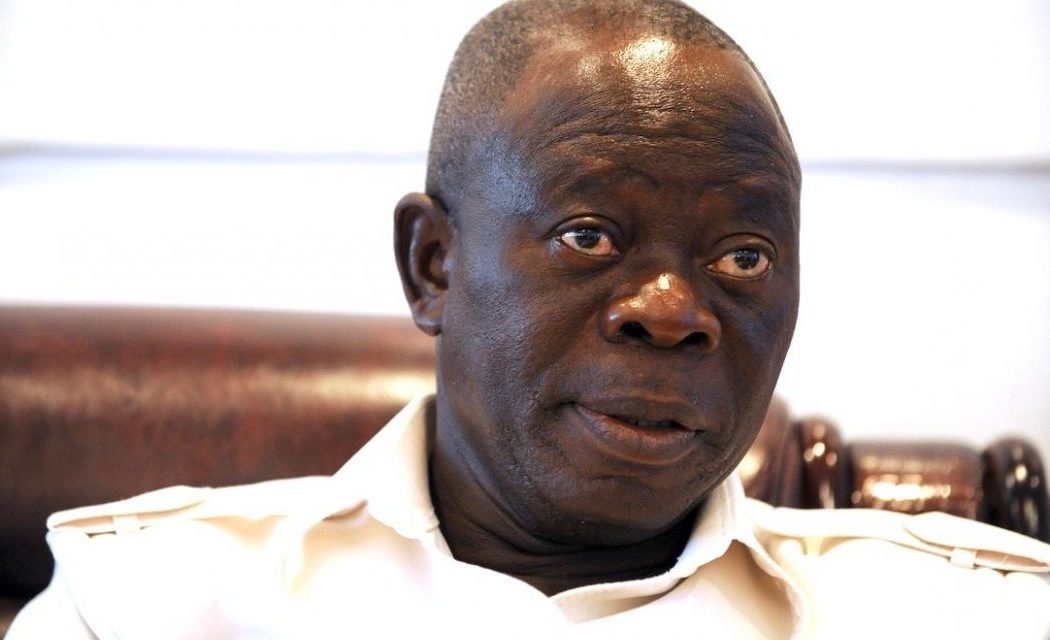
Kano Court Orders Tiktok Duo To Marry Over ‘Indecent’ Videos

A Magistrate Court has ordered two popular TikTok content creators, Idris Mai Wushirya and Basira Yar Guda, to formalise their relationship through marriage within 60 days.
The directive, handed down on Monday by Magistrate Halima Wali, followed a series of viral videos in which the duo were seen engaging in romantic displays considered “indecent” by the Kano State Films and Video Censorship Board.
The court’s decision, which many described as both unconventional and controversial, instructs the Kano State Hisbah Board to facilitate the marriage process between the two social media personalities.
Magistrate Wali, while delivering her ruling, warned that failure to conduct the marriage within the stipulated period would amount to contempt of court.
She further directed the chairman of the Kano State Films and Video Censorship Board to supervise the implementation of the marriage order.
The ruling came weeks after the two influencers were arraigned over allegations of producing and sharing obscene content online.

The videos, which trended widely on TikTok and other social media platforms, reportedly featured affectionate scenes between Mai Wushirya and Yar Guda, content the Censorship Board said violated the moral and religious codes guiding public conduct in the state.
Officials of the board maintained that the clips breached provisions of Kano State’s censorship laws, which prohibit the creation and dissemination of sexually suggestive or explicit material.
“Such behaviour undermines the values we stand for and sets a dangerous example for the youth,” an official of the board told Newsmen.
READ ALSO: Federal Government Enforces No-Work-No-Pay On Striking ASUU Members
Mai Wushirya had earlier been remanded in a correctional centre after investigators accused him of promoting immoral behaviour through his skits. His co-creator, Yar Guda, was also questioned by the board’s enforcement team before the matter was transferred to court.
The development has triggered mixed reactions among Kano residents. While some praised the court’s ruling as a moral corrective measure consistent with the state’s Islamic values, others argued that it infringes on personal freedom and sets a worrying precedent.









